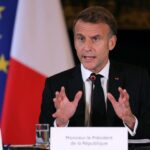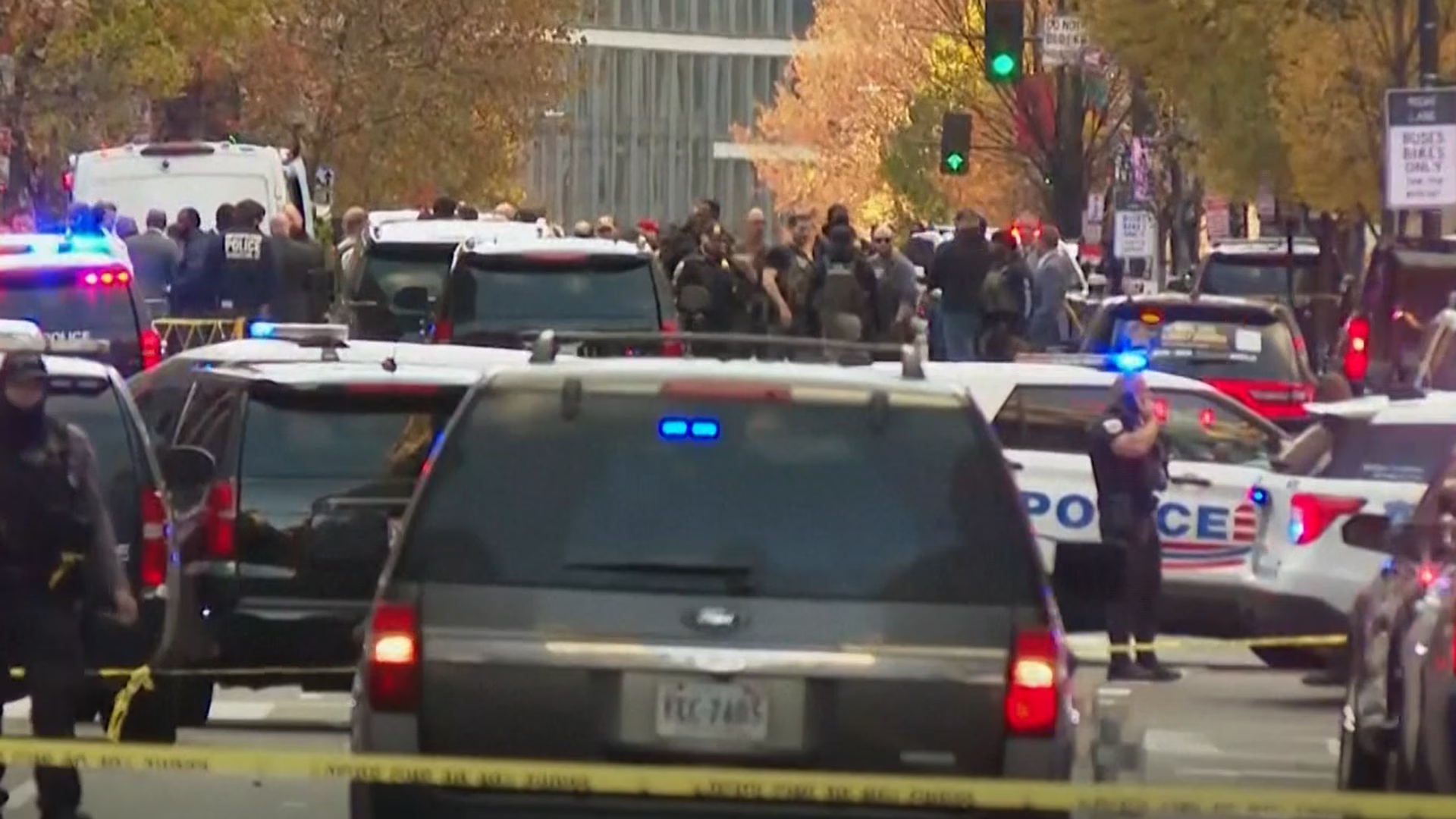
French President Emmanuel Macron has unveiled a new government after holding marathon talks with newly re-appointed Prime Minister Sebastien Lecornu ahead of a fast-approaching deadline to present next year’s budget to parliament.
In Lecornu’s new cabinet, Jean-Noel Barrot remains as foreign minister, while outgoing Labour Minister Catherine Vautrin takes on the defence portfolio, according to a lineup published by the president’s office on Sunday.
- list 1 of 3Macron feels the heat as French workers protest his budget cuts
- list 2 of 3French unions strike, demand end to austerity and Macron’s spending cuts
- list 3 of 3France’s new Prime Minister Lecornu resigns hours after naming cabinet
end of list
In a post on X, Lecornu wrote: “A mission-based government has been appointed to draw up a budget for France before the end of the year.”
“I would like to thank the women and men who have freely committed themselves to this government, putting aside personal and partisan interests. Only one thing matters: the interests of the country.”
Macron reinstated Lecornu late on Friday, just four days after the premier had resigned and as his first government collapsed, leading to outrage and pledges from opponents to topple any new cabinet at the first chance.
The former defence minister was tasked with assembling a government to present a 2026 draft budget on Monday, giving parliament the constitutionally required 70 days to scrutinise the plan before the year’s end.
But the right-wing Republicans (LR), a key political ally, complicated matters on Saturday by announcing that the party would not take part in the new government but only cooperate on a “bill-by-bill” basis.
Other allied and rival parties wrestled all weekend over whether to join Lecornu’s new government or vote to topple it.
Advertisement
The premier had pledged to work with all mainstream political movements and to select cabinet members who are “not imprisoned by parties”.
A Macron loyalist, Lecornu agreed after he had quit to stay on for two extra days to talk to all political parties.
He told the French weekly La Tribune that he had resigned “because the conditions were no longer met” and said that he would do so again if that remained the case.
The French president, facing the worst domestic crisis since the 2017 start of his presidency, has yet to address the public since Lecornu’s first government fell.
On Monday, Macron is due to travel to Egypt to support a Gaza ceasefire deal brokered by the United States, a trip that could delay the presentation of the draft budget.
Lecornu’s reappointment comes as France faces political deadlock and a parliamentary impasse over an austerity budget against a backdrop of climbing public debt.
The country faces pressure from the European Union to rein in its deficit and debt, with the fight over cost-cutting measures toppling Lecornu’s two predecessors.
Lecornu has pledged to do “everything possible” to give France a budget by the end of the year, saying that restoring the public finances was “a priority” for the future.
But he is under pressure from parties across the political spectrum, including the Socialists, who have threatened to topple his government unless he backs away from the 2023 pension reform that pushed the retirement age from 62 to 64.
Lecornu said on Saturday that “all debates are possible” over the pension reforms, and that his “only ambition is to get out of this situation that is painful for everyone”.
If Lecornu fails to secure parliamentary support, France would need emergency stopgap legislation to authorise spending from January 1 until a full budget is adopted.
French politics has been deadlocked ever since Macron gambled last year on snap polls that he hoped would consolidate power, but that instead ended in a hung Parliament and more seats for the far right.
British Caribbean News


